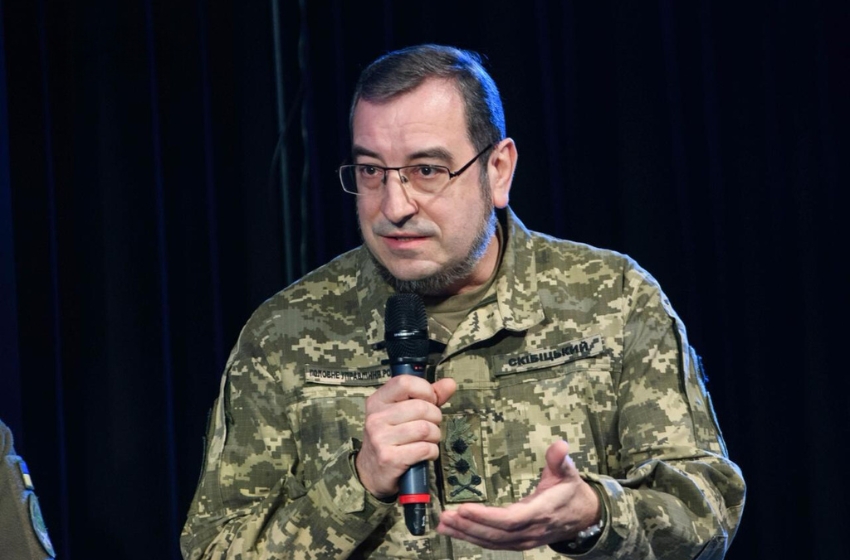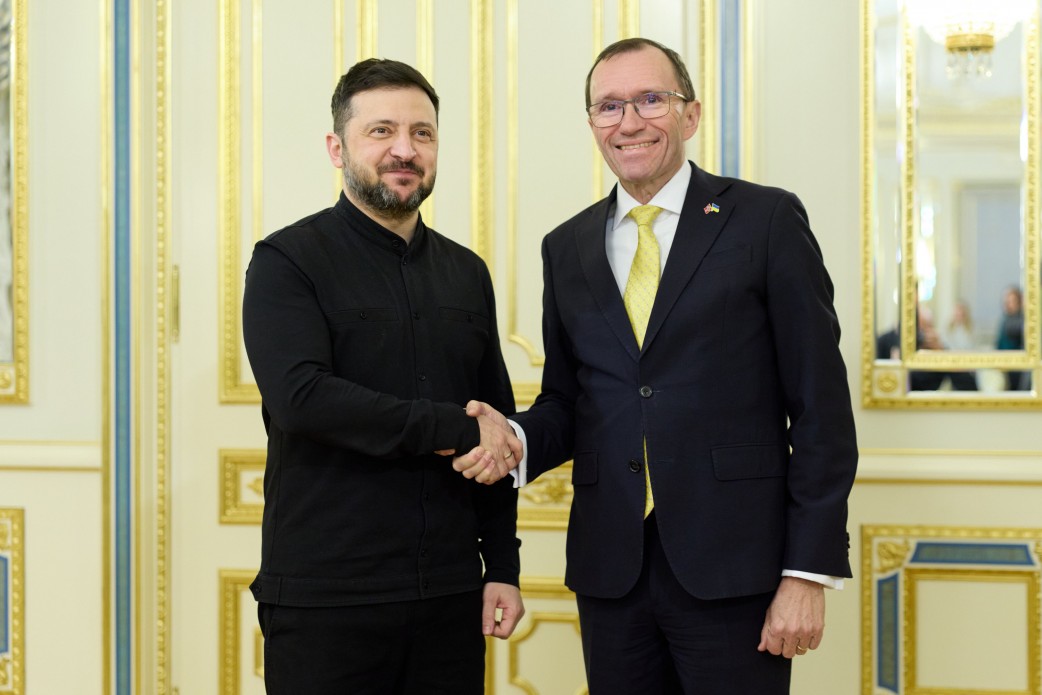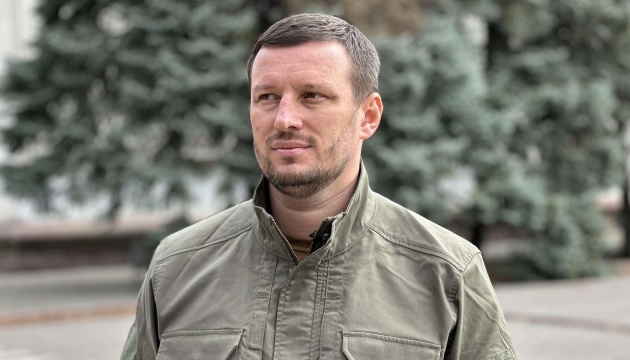During the "Kyiv StratCom Forum 2024" organized by the Center for Strategic Communications, Vadym Skibitsky, a representative of the Main Intelligence Directorate of the Ministry of Defense of Ukraine, named three external information threats to Ukraine:
- Russian informational influence on our population and state authorities, including military structures.
- Conducting disinformation campaigns, creating, and spreading fakes.
- Information dominance in temporarily occupied territories.
Vadym Skibitskyi also commented on the reasons, consequences, and target audience of the informational impact of the terrorist attack in the Moscow region. He explained the role of the Main Intelligence Directorate of the Ministry of Defense of Ukraine in countering the aggressor in the information sphere and outlined the main ways to counter Russian disinformation in Ukraine and worldwide.
Why did the intelligence officers start speaking up?
It's very pleasing that the Main Intelligence Directorate of the Ministry of Defense of Ukraine is now in the headlines, but believe me, it wasn't an easy job. It all started in October 2015.
Back then, the strategic communications of the Main Intelligence Directorate in our country were perceived something like this: "how is it even possible that intelligence officers are appearing on screen and saying something?"
But that period was very challenging. It was necessary to [...] destroy all those narratives that the Russian Federation was spreading at that time. We're talking about narratives like "civil war," "state coup," and so on.
It was necessary to show the society [the truth] with examples, with real information, because if you don't enter the information space with real credible information, it is immediately occupied by the Russian Federation. That's an established fact.
Let's go back to the year 22, when all the intelligence services of the USA, Britain, and other countries around the world started appearing in the mass media and talking about their intelligence assessments, giving their forecasts. Perhaps, this is another good advantage from the Main Intelligence Directorate of the Ministry of Defense of Ukraine.
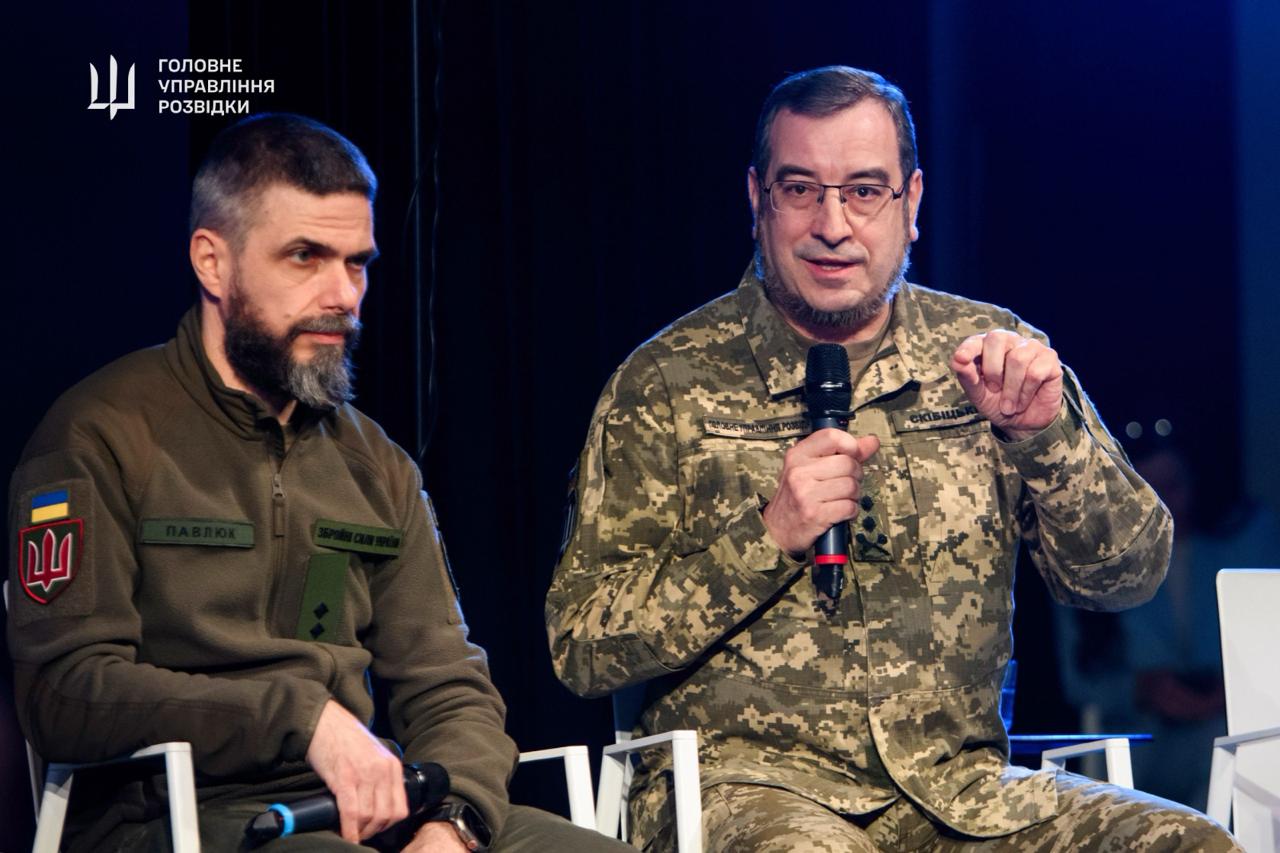
Main Threats to Ukraine in the Information Sphere
I will focus on three main external threats in the information space that exist today. We all feel how powerfully the Russian Federation operates here, using not only its own resources but also the resources of Europe and leading mass media outlets, leading companies worldwide.
And we felt this, probably, before [the large-scale] war in 2017-2018 when all those Russian media channels, created by the corporation, simply overwhelmed the whole of Europe.
Back then, breaking into Russia's information space was impossible because everything was blocked. They overwhelmed the European media space and spread their narratives there.
They talked about the same things we hear today: that Ukraine is an "artificially created state," that it is unstable, "unable" to defend itself, let alone resist.
There are three main external threats.
Firstly, it's the informational influence on the population of our country and generally on our country because the subjects of this informational influence also include all state structures and the military.
If we talk about mobilization, this is a corresponding informational influence, distortion, and generally the dissemination of false information about everything that happens with recruitment, what happens in military units, and how the mobilization process is developing overall.
Secondly, powerful disinformation companies and fake news. Everyone is fighting against this now. I am grateful to everyone who works with us in this field because we collect a lot of information.
We monitor journalists, media outlets that openly work against Ukraine and spread Russian narratives, and not just take a pro-Russian position, but are essentially enemies of our state.
Spreading false information, especially fake news, to the European community, the world community – is aimed at disrupting both our support and the unity of the European society, which is quite actively supporting us today.
In any way, Russia tries to present a completely different picture. Let me give you an example. They conducted a survey in Poland, just took a sample of a thousand people, asked [about their attitude towards supporting our state]: 75% of those surveyed support providing assistance to Ukraine; 34% say that military assistance should be provided; 28% say that Poles should be sent to Ukraine to help.
What does Russia say? They twist all these indicators completely the opposite.
That's why very active work is being done. We work with the National Security and Defense Council, the Ministry of Culture and Information Policy of Ukraine, and others.
Thirdly, there is a threat that supposedly ranks third, but it is very relevant. It concerns the complete information dominance in the temporarily occupied territories of our state. Since 2014, there has been a simple military approach, which Russia has applied and continues to actively apply:
- Isolation of the information space;
- Control of the information space;
- Information-psychological processing of the population.
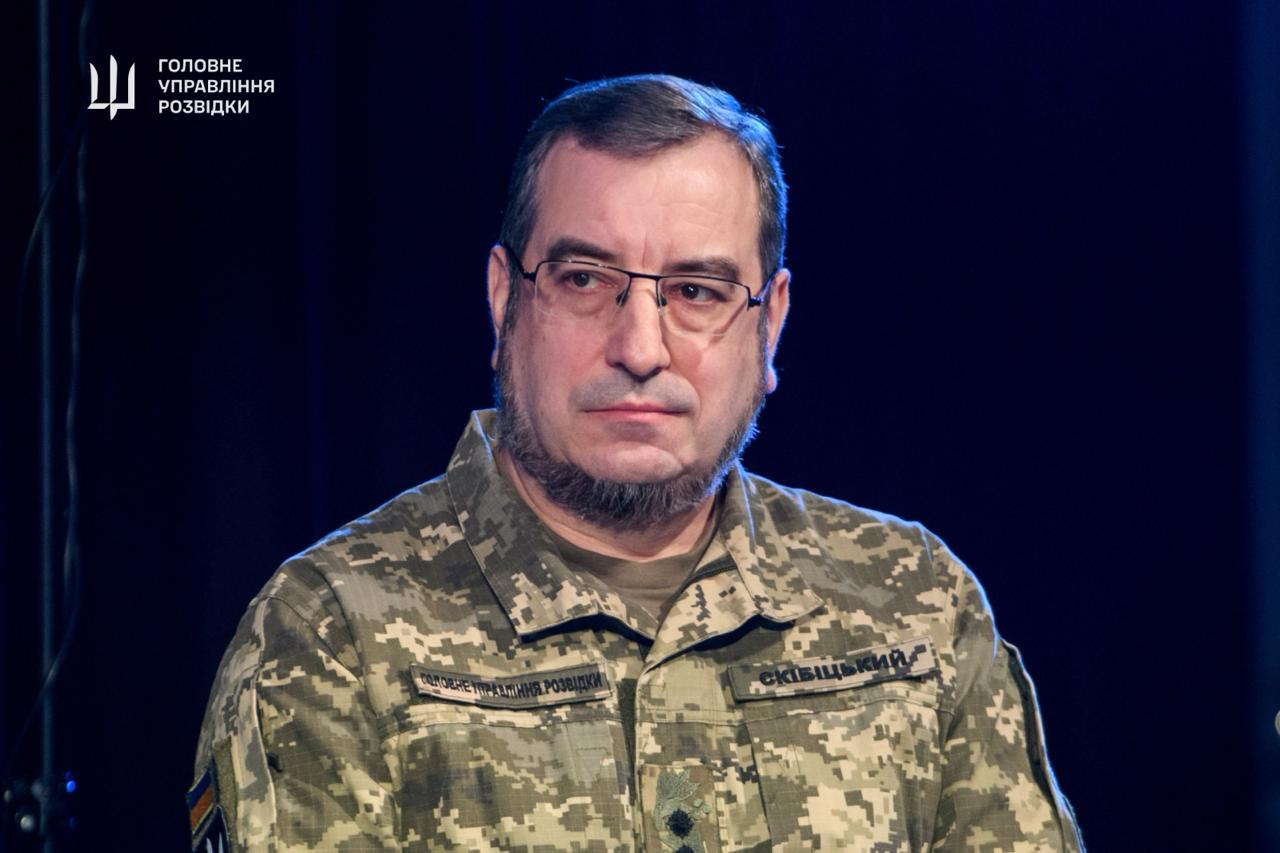
Information campaigns by Russia in the occupied territories of Ukraine.
Why did intelligence agencies speak out? I will provide a few facts, and you will understand how actively they [Russians] work in the temporarily occupied territories.
Let's take the regions of Luhansk, Donetsk, Kherson, and Zaporizhzhia. First, they completely control this information space, using retransmitters and other means. This is entrusted to "Rostec": there is all the software, complete control over all the information flows there.
Secondly, there is an expansion of networks to spread their propaganda. Over this period, more than 2000 mobile network towers have been deployed and installed in the occupied territories by Russia.
Thirdly, here we are already talking about the population. Over this period, they have improved, modernized, and restored 2300 cultural objects: theaters, cinemas, various studios to impose Russian narratives, depriving us of our historical past. This includes work especially related to youth – textbooks, books, Russian educational programs, and so on.
Who is the target audience of the terrorist act in the Moscow region?
On one hand, the answer is very simple, but on the other hand, it's very complex. The primary target audience is the population of Russia, plus, presumably, the Russian state apparatus, because after this [terrorist act], all the measures that will be taken in Moscow will involve complete control, further complete usurpation of power, and consequently, control of the state.
Secondly, we cannot exclude [attempts by Russians to influence] the international community. Because it is presented as if Russia is the victim of terrorist attacks.
They will try to find support, and again, they will use pro-Russian, and in many cases, paid, media resources to promote their narratives, including, in particular, accusations against Ukraine.









